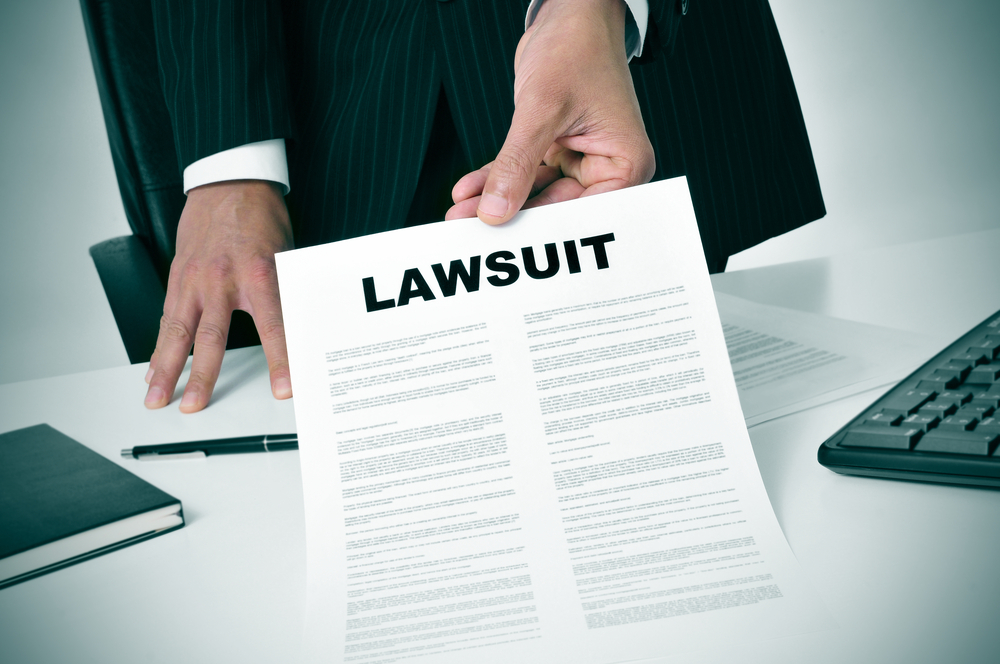From the time of its enactment, the California Private Attorneys General Act of 2004 (“PAGA”) has been a thorn in the side of employers. For example, the California Supreme Court insists PAGA actions are not class actions, but that hasn’t stopped aggrieved employees from seeking class-wide discovery. And because PAGA permits employees to seek penalties for unconventional causes of action previously off-limits to private plaintiffs (such as the California Wage Order’s suitable seating requirement), employers must grapple with new uncertainties.
But one aspect of PAGA that provides some relief to employers is the requirement that plaintiffs exhaust administrative remedies before filing a lawsuit. To satisfy this this requirement, a plaintiff is required to send a notice to her employer and the Labor Workforce Development Agency (“LWDA”) setting forth the “specific provisions” of the Labor Code allegedly violated and explaining the “facts and theories to support the alleged violation” and then wait 65 days before filing suit. This notice requirement has two purposes: (1) to give the LWDA sufficient information to determine whether the alleged violation justifies an investigation and/ or citation and (2) to put the employer on notice so that it may voluntarily cure the alleged violation. Oftentimes, however, plaintiffs’ notice letters are deficient because they fail to include sufficient facts and theories to inform the employer or the LWDA of the nature of the claims. In such cases, plaintiffs have failed to exhaust administrative remedies.
Judge Gonzalo Curiel’s recent decision in Gunn v. Family Dollar Stores, Inc., Case No.: 3:14-cv-1916-GPC-BGS (S.D. Cal. Dec. 2, 2016), reminds us of the standard that notice letters must meet. Plaintiff Gunn’s notice letter advised the LWDA of his intent to file a PAGA action for violations of Wage Order 7-2001, Section 14, and “[s]pecifically . . . allege[d] that Family Dollar failed to provide suitable seats to Plaintiff and other current and former employees when the nature of their work reasonably permits the use of seats, in violation of California Labor Code section 1198 and Wage Order 7-2001, section 14.” Judge Curiel held that such an allegation was insufficient to meet PAGA’s standards. As he noted, plaintiffs must detail the “facts and theories” supporting their alleged violations. But here, the plaintiff’s allegations simply parroted the language of the underlying regulation, amounting to nothing more than a “string of legal conclusions” devoid of any of the facts or theories required by the Labor Code. The court rejected the plaintiff’s contention that facts could be implied by his allegations (i.e., that the class of employees at issue would not include office employees because they have seats).
The most notable aspect of Judge Curiel’s opinion, however, was his denial of the plaintiff’s request for leave to amend. Although the court recognized leave to amend tends to be granted freely, he disagreed that applied to defective PAGA notices. The court stated that “courts have granted PAGA claimants leave to amend only when the plaintiff’s complaint failed to adequately plead exhaustion, not when Plaintiff provided defective notice to the LWDA” (emphasis added). Indeed, granting the plaintiff leave here would tacitly endorse a strategy that precludes the LWDA from receiving the information necessary “to intelligently assess the seriousness of the alleged violation,” thereby frustrating the purpose of PAGA’s statutory notice requirement.
While the unpublished opinion in Gunn will not likely mark a sea change in how courts treat PAGA actions, it is nevertheless a victory for California employers. Those facing suitable seats claims, which are based on a notoriously ambiguous statute, may have the most to gain.











